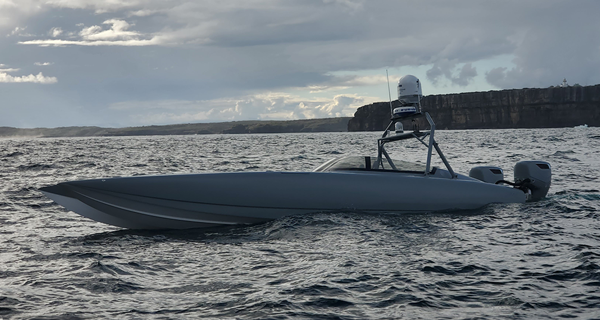How to counter the Houthi threat at sea
- February 14, 2024
Despite a desire to focus on China, the Biden administration’s national security team has been pulled back to the Middle East ever since the Oct. 7 Hamas attacks on Israel. In this new op-ed, Bilal Saab and Kevin Donegan of the Middle East Institute argue for a series of steps from the White House and Pentagon to secure global waterways against the threat of Houthi militants.
The Biden administration has largely relied on airstrikes to prevent the Houthis from causing further harm to international maritime trade in the Red Sea and the Gulf of Aden. But as we have seen already, this approach is unlikely to work against an armed group that has survived years of such one-off attacks from above. To effectively degrade the military capacity of the Houthis, a comprehensive and fully-resourced interdiction regime at sea is needed to target their supply lines and deny them the use of various forms of Iranian assistance.
Even though the Houthis have stated that their attacks are in response to Israel’s war against Hamas in Gaza, their violence cements their political control in northern Yemen. It is also consistent with Iranian efforts to achieve regional primacy. So, those attacks are likely to continue, regardless of what happens in Gaza; after all, they were occurring, albeit with less frequency, before the Oct. 7 attacks by Hamas kicked off the latest regional conflict.
Read the full article here





